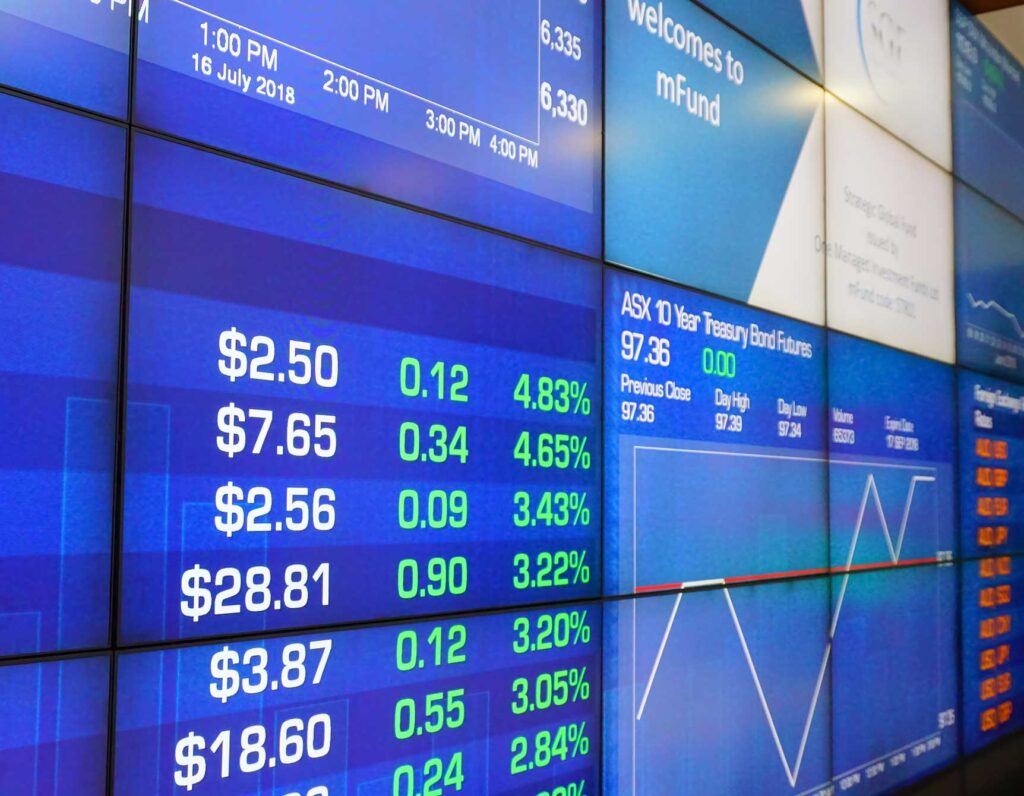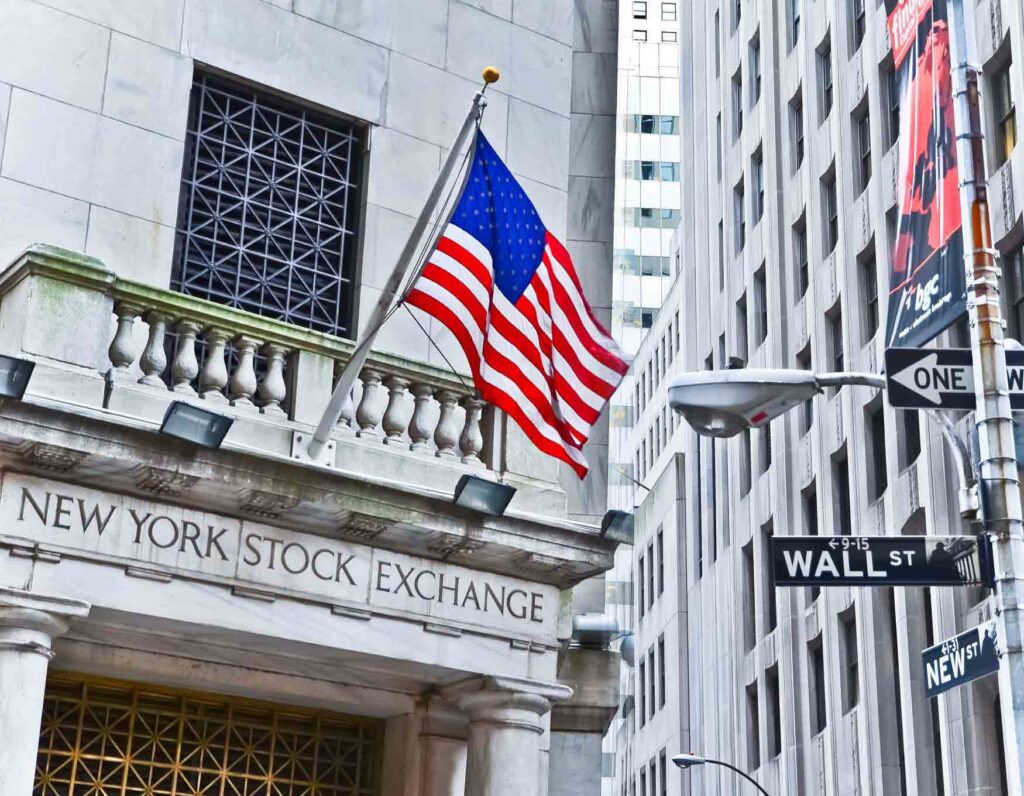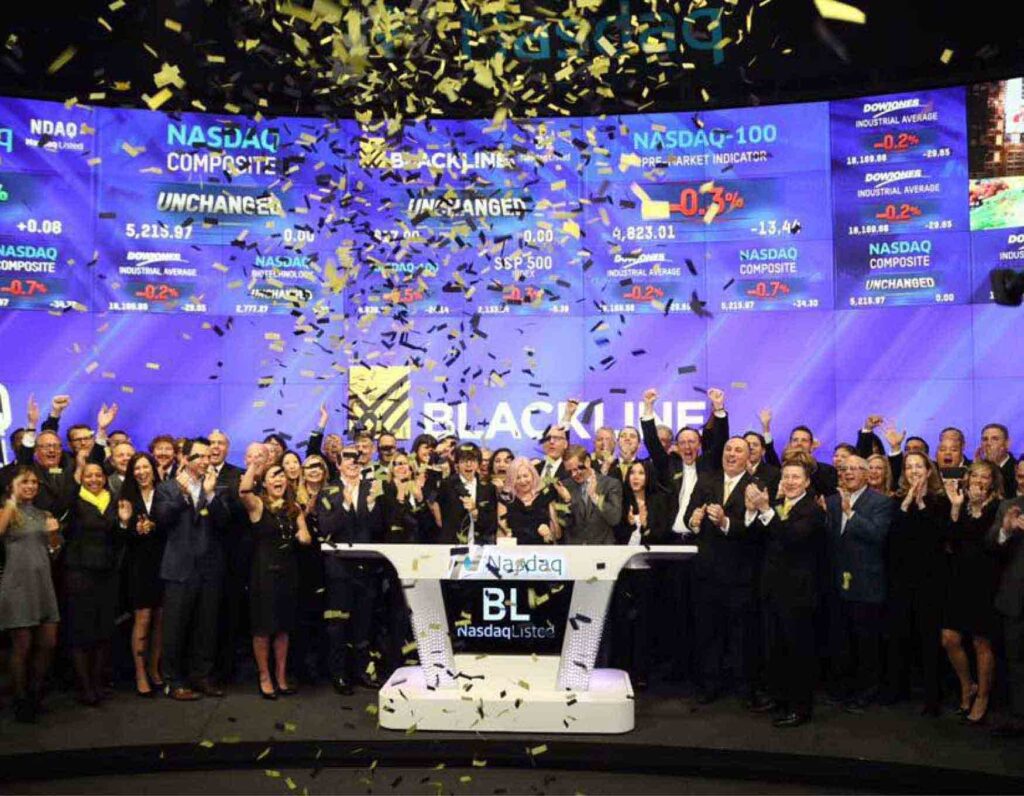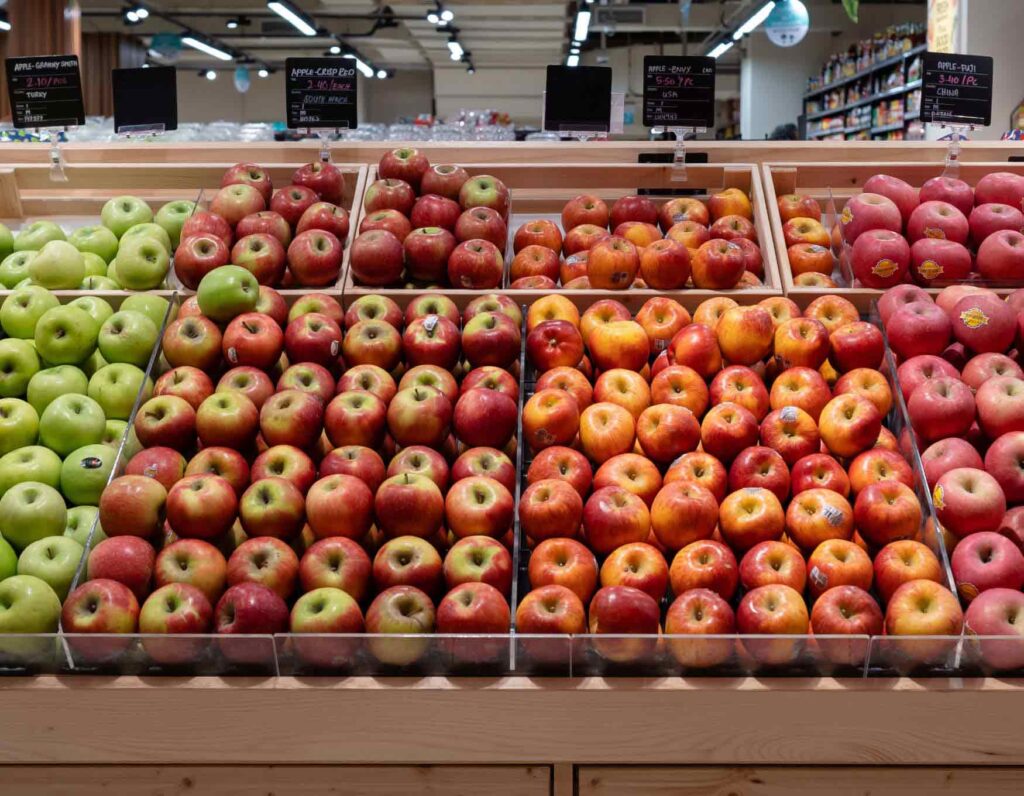What is investing?
Investing is the act of committing money or capital to an asset, security, or venture with the expectation of generating a positive return or profit over time.
In other words, the goal of investing is to get out more than you put in. It involves allocating resources in such a way that they have the potential to grow in value or provide income in the future.
While you may know beforehand how much you’re planning to invest, returns are not always guaranteed, and there may even be instances where you may lose your initial capital.
As such, you could say that investing involves risks and is not a means to make “easy money”.
That’s why, before making a financial investment, it is prudent to take time to do your research and even seeking professional advice.
In Australia, there are four main asset classes, or categories of investment:
- Cash (e.g. savings accounts, term deposits)
- Fixed income (e.g. government bonds, mortgage securities)
- Property (e.g. residential or commercial investment property)
- Shares or equities (shares in Australian and/or international companies)
Each asset class comes with a different level of risk and potential return.
What is share investing?
Share investing, often referred to as stock investing, is the practice of buying and owning shares or equity in a company.
Shares are publicly listed on a stock exchange, such as the ASX (Australian Securities Exchange) or Chi-X Australia.
There are more than 2,000 public companies in Australia, such as BHP, Telstra, Woolworths, Afterpay and Wesfarmers. And there are tens of thousands more around the world, including Apple, Tesla, Alibaba, Samsung and Volkswagen.
Investing in a company’s shares leads to you becoming a shareholder. This means you have a claim on a portion of that company’s assets and earnings.
So if you bought shares in, say, Tesla, you’d become a part-owner, just like Elon Musk. (However, he’d own more shares and therefore more of the company than you.)
When you buy shares in a company:
- The value of your investment rises and falls in tandem with the share price
- You can receive dividend payments (if the board decides to pay a dividend)
- You can cast votes at annual general meetings
Four different investment options
Superhero allows you to step into the world of investing – specifically in Australian and U.S. shares.
You can invest in four different types of securities on our platform:
- Individual companies. These include companies such as BHP, Telstra, Woolworths, Afterpay and Wesfarmers.
- Exchange-traded funds. ETFs are funds that own a basket of securities, such as shares, bonds or commodities. So when you buy a unit in one ETF, you’re actually investing in multiple assets.
- Listed investment companies. LICs are publicly listed companies that own a basket of investments. Again, buying one unit gives you access to multiple investments.
- Real estate investment trusts. REITs are trusts that own, operate or finance income-producing properties, such as apartment buildings, cell towers, data centres, hotels, medical facilities, offices, retail centres and warehouses. So when you invest in one REIT, you’re simultaneously investing in multiple properties.
Ready to invest in individual companies, ETFs, LICs or REITs? Then join Superhero for free today and take advantage of our great platform and ultra-low fees.

Become a part of
our investor community
Why you should join us:
- Join free and invest with no monthly account fees.
- Fund your account in real time with PayID.
- Get investing with brokerage from $2. Other fees may apply for U.S. shares.
Read our latest articles
Make knowledge your superpower and up your skills and know-how with our news, educational tools and resources.



























